Rep. Liz Cheney (R-WY), the vice-chair of the House Select Committee on January 6, expressed confidence that the former president and his associates committed crimes in connection with January 6. “It’s absolutely clear that what President Trump was doing, what a number of people around him were doing, that they knew it was unlawful. They did it anyway,” Cheney told CNN’s Jake Tapper on “State of the Union.” Based on this, she confirmed that the Committee does indeed have enough evidence to make a criminal referral to the Justice Department.
And yet. The New York Times also reported that the Committee at this point is uncertain—in its words, “split”—on whether they should go ahead with the referral. The idea that no criminal referral might be forthcoming set off howls among some critics of the former president. But a few complex considerations are likely guiding this curious hesitation, so let’s delve a bit deeper.
The Committee May Not Want to Politicize Its Findings
While the Committee’s primary task has been investigatory, it certainly has the power at the conclusion of its hearings, findings, and report to include a criminal referral of any number of people, including the former president, to the Justice Department. But that move could in theory undermine any case brought by the Department by giving opponents an easy way to label it a partisan prosecution.
While the Committee is technically bipartisan, within the House GOP its work only has the support of the two Republicans who already serve on it, Rep. Cheney and Rep. Adam Kinzinger (R-IL), who are both staunch critics of the former president. Further, the move to criminally refer Trump may bear symbolic significance, but it carries no actual weight. The Justice Department is going to make up its own mind anyway based on the facts and evidence. So skeptics of the criminal referral wonder if it may wind up doing more harm than good.
Nonsense, say its proponents. The job of the Committee is to arrive at the truth, and if the truth is that the former president and his associates committed crimes, then the Committee has an obligation to make the referral, without regard to the political effect it might have. Besides, they argue, no matter what the Committee does, if the Justice Department brings charges it will be labeled by Trump and his allies as a partisan attack. Worse, if no criminal referral is made, the GOP may cite that as evidence that their case is weak.
There are merits to both sides of this argument, which makes the Committee’s decision both more difficult and more consequential.
A Federal Judge Has Already Found that Crimes Likely Were Committed
Weighing against referral, say some Committee members, is the fact that a federal judge already has ruled against Trump on the matter. That opinion will carry far more sway with the Justice Department than any referral from the Committee could, some argue, making such any referral just so much extra political baggage on an otherwise solid and tidy case.
Judge David Carter of the Central District of California ruled in a civil matter, based on the evidence presented by the January 6 Committee, that Trump and his erstwhile attorney John Eastman—the author of the infamous coup memo—likely committed two federal felonies in their attempt to overturn the results of the November 2020 election. While that ruling was made in connection to a dispute over whether claims of attorney-client privilege could be overcome under the “crime-fraud” exception to the privilege, it gave the Committee a unique opportunity to lay out its case, as best as it presently could, to show a neutral third party judge that there was fire behind the smoke after all.
The ruling of a federal judge is far more likely to be taken seriously by the public than a criminal referral by the Committee. Imagine, for example, Attorney General Garland giving a press conference and citing not the findings of the January 6 Committee but the ruling of a federal judge as grounds to launch a criminal case against the former president. The media take on such a pronouncement likely would be decidedly different.
Further, as I wrote about earlier, it appears that the Justice Department already is investigating members of Trump’s inner circle with respect to how the rally before the insurrection was funded and organized, and importantly how much they knew about plans to attempt to use violence. As the Justice Department makes its way up the ladder, albeit very slowly and methodically, it may not make sense to throw a bomb into that process by way of a criminal referral. Rep. Cheney directly referenced the continuing work of the Department in this regard, citing a recent plea agreement by Charles Donohoe of the Proud Boys, who admitted to conspiring to help organize a Trump supporter attack on Congress with the intention of stopping the electoral count proceedings. Rep. Cheney remarked that the evidence showed event organizers and planners “knew that they were going to attempt to use violence to stop the transfer of power.” If true, there would exist a direct connection between the Trump White House and the weaponization of the mob through knowing incitement of those assembled, followed by corrupt inaction to put a stop to them.
Moreover, the Justice Department has already signaled that it does not jump on command with respect to criminal referrals from Congress. To date, it has only moved forward with one referred case by charging former Trump aide Steve Bannon with criminal contempt of Congress. With respect to others who have been referred, including former White House Chief of Staff Mark Meadows and now former aides Peter Navarro and Dan Scavino, the Department has remained silent. Indeed, it has been well over two months since it received the referral on Meadows. The Department’s reasons for slow walking or ignoring the contempt referrals remain a mystery, but they could have to do with a strong desire not to be seen as beholden to Democrats in Congress.
Ultimately, the Committee will act based on how its chair, vice-chair and the majority of its members, who have the closest eye on the facts and the investigation, wish to proceed. Rep. Cheney pushed back on the idea that the Committee was at all “split” over the issue. “There’s not really a dispute on the Committee,” she said. “The Committee is working in a really collaborative way to discuss these issues, as we are with all of the issues we’re addressing, and we’ll continue to work together to do so.”
For more political analysis, check out the Status Kuo newsletter.

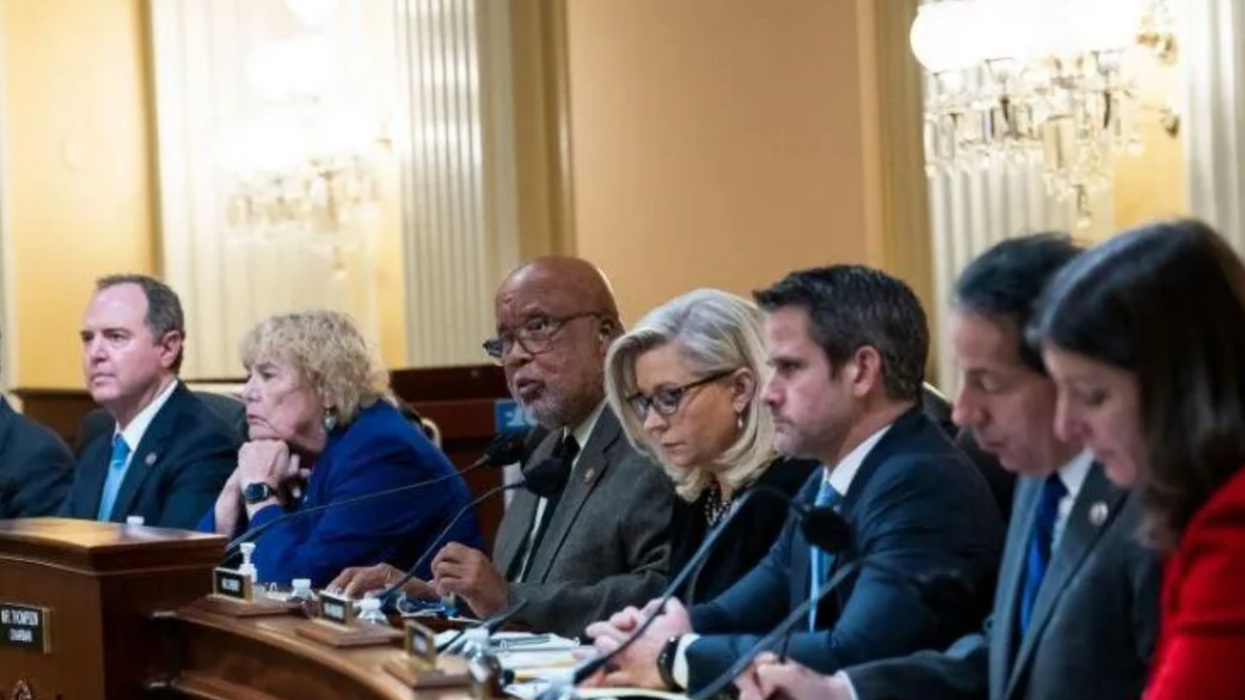

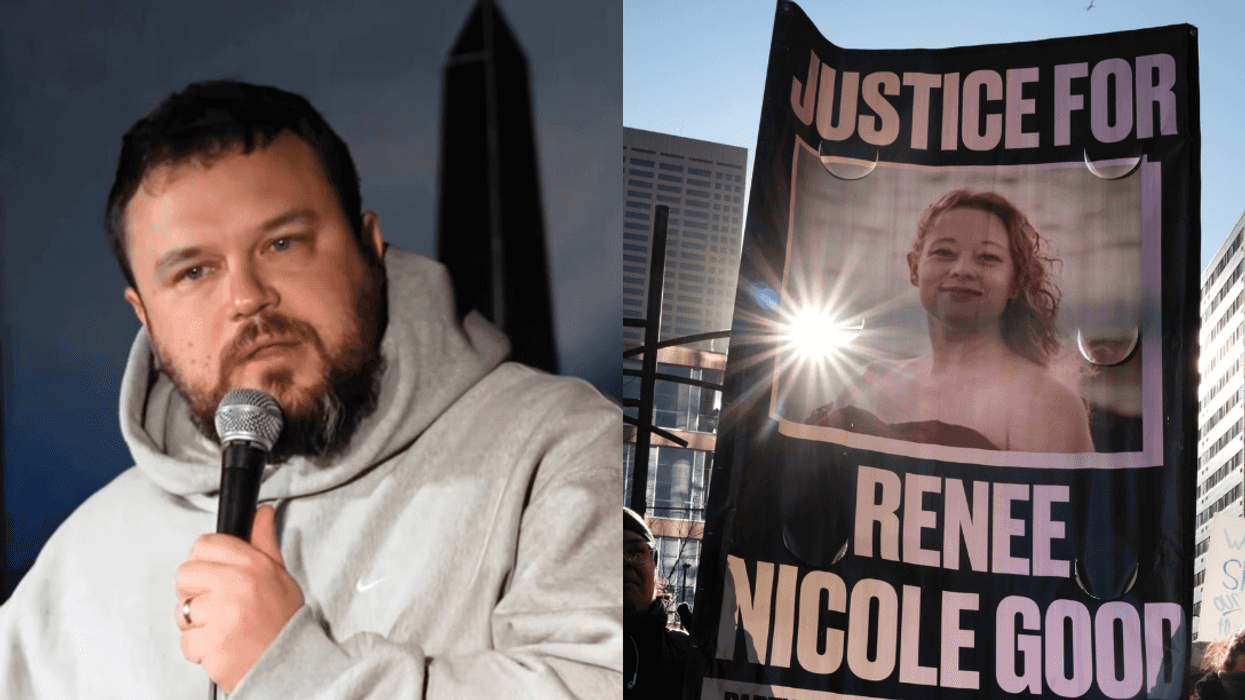
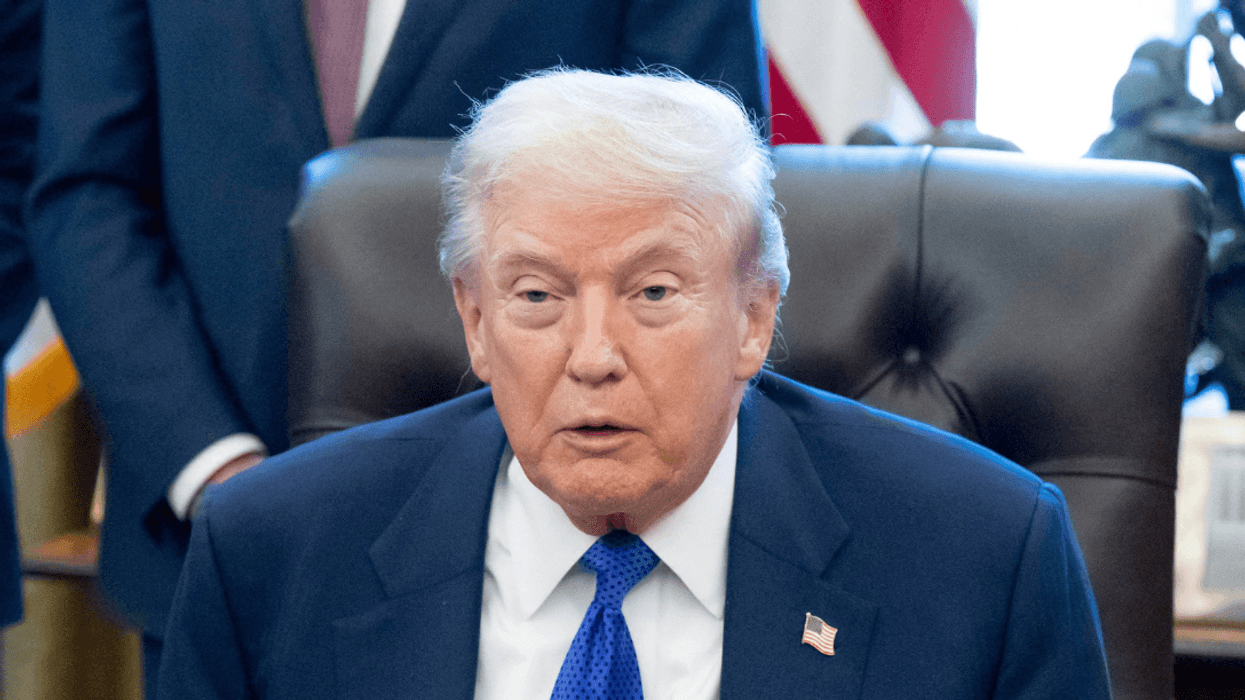



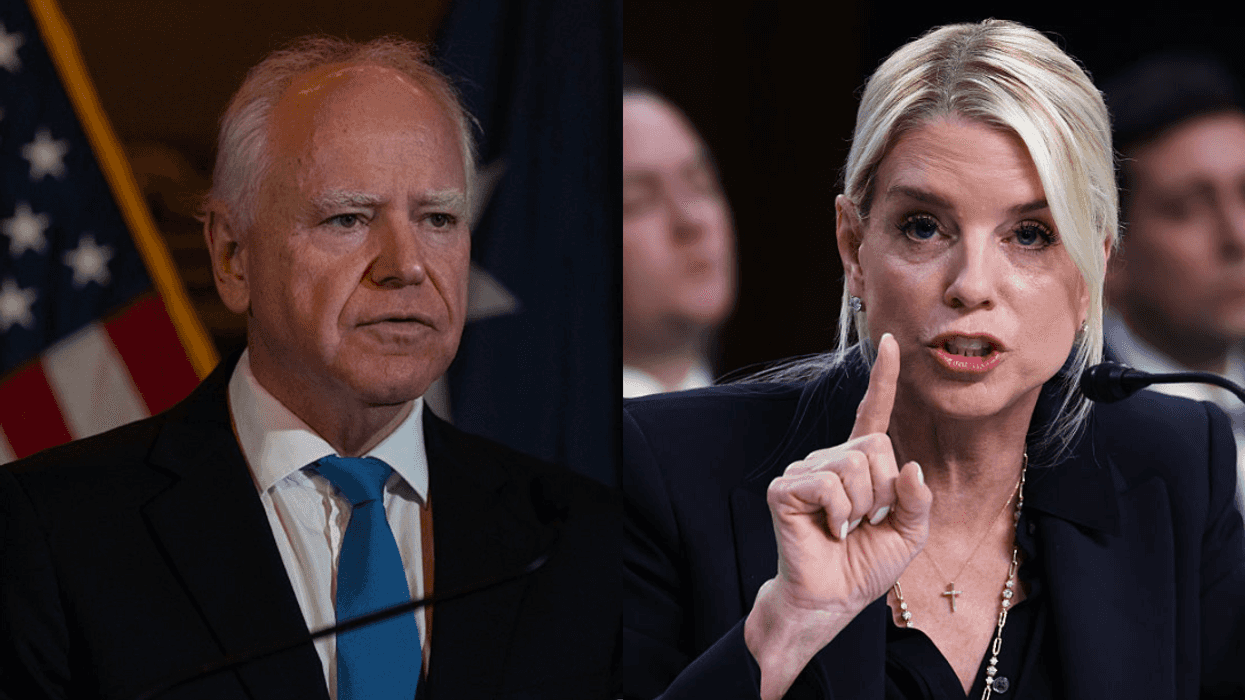




 @obamaatredrobin/X
@obamaatredrobin/X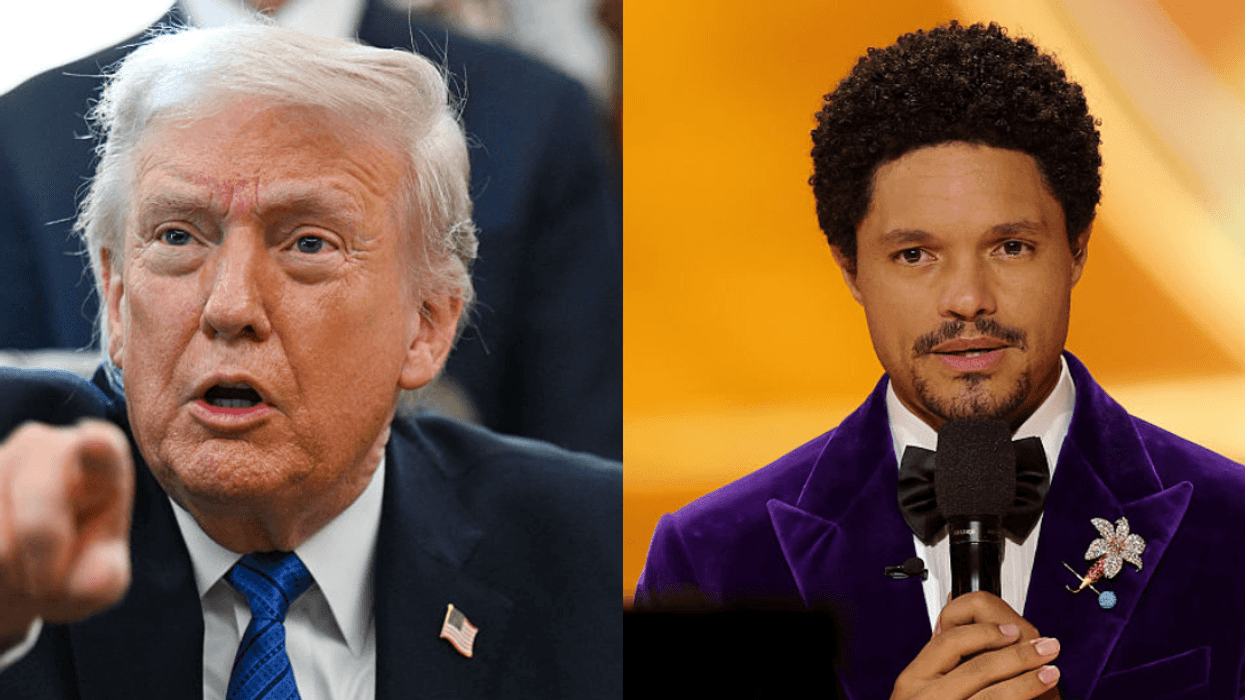
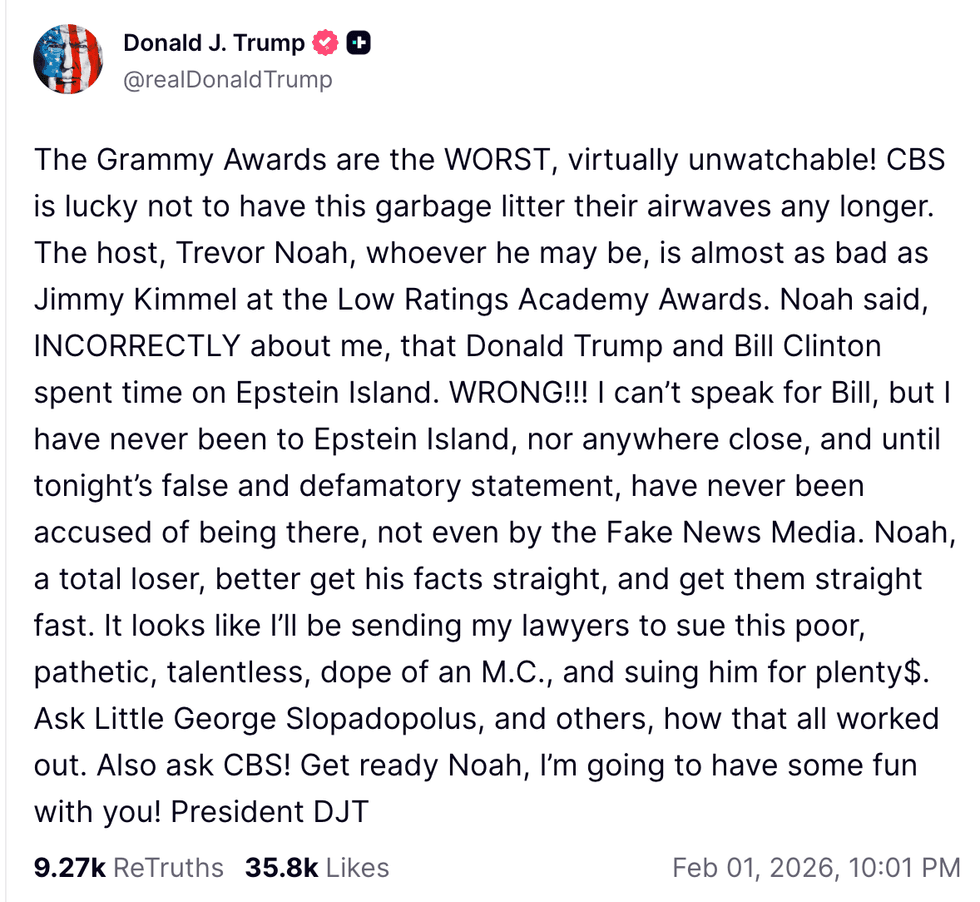 @realDonaldTrump/Truth Social
@realDonaldTrump/Truth Social

 @.a.zan/TikTok
@.a.zan/TikTok @.a.zan/TikTok
@.a.zan/TikTok @.a.zan/TikTok
@.a.zan/TikTok @.a.zan/TikTok
@.a.zan/TikTok @.a.zan/TikTok
@.a.zan/TikTok @.a.zan/TikTok
@.a.zan/TikTok @.a.zan/TikTok
@.a.zan/TikTok @.a.zan/TikTok
@.a.zan/TikTok @.a.zan/TikTok
@.a.zan/TikTok @.a.zan/TikTok
@.a.zan/TikTok @.a.zan/TikTok
@.a.zan/TikTok @.a.zan/TikTok
@.a.zan/TikTok @.a.zan/TikTok
@.a.zan/TikTok @.a.zan/TikTok
@.a.zan/TikTok @.a.zan/TikTok
@.a.zan/TikTok